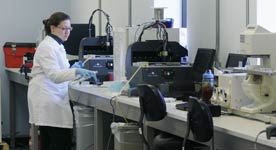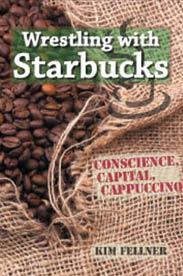After more than four decades using a formula considered by critics as substandard and outdated, the House Ways and Means Committee’s Subcommittee on Income Security and Family Support has begun exploring ideas that could lead to a new metric that would better reflect the extent of poverty in the United States.
The question is: Will revised metrics lead to more or less assistance for very low-income Americans? The answer depends on whether the changes ephasize measurements of the cost of living or calculation of public supports.
The Bush administration has pushed for the criteria to count government supports such as food stamps, housing assistance, and the Earned Income Tax Credit and the Child Tax Credit as income. Progressives argue that the revamped criteria should factor in expenses related to local housing costs, work commutes, childcare, and state and local taxes.
The subcommittee is currently considering revisions in how the federal measurements, aimed at updating a formula introduced in the 1960s that set the benchmark for poverty at three times a “subsistence food budget.”
A July 17 hearing on measuring poverty included testimony by Rebecca Blank, a senior fellow at the Brookings Institution, Sheldon Danziger, a professor of public policy at the University of Michigan, Mark Levitan, director of policy research at the NYC Center for Economic Opportunity, Bruce D. Meyer, a professor at the University of Chicago’s Harris School of Public Policy Studies, and Douglas W. Nelson, president and CEO of the Annie E. Casey Foundation.
Just as faulty measurements lead to unsound structures, the current poverty formula allows for a disconnect between real-life situations and the public-policy debate. Nelson, in a statement prepared after the hearing, said the first step in approaching any poverty-related measurement is “to get our heads around the true scope, dimension, and dynamics of the problem.” He added that policy makers should be held accountable for “honestly confronting the problems faced by those in need.”
While altering the formula has been a political hot potato for decades, it appears that the balance of political will may be shifting toward a more honest measure of human deprivation in the world’s richest nation.




Comments